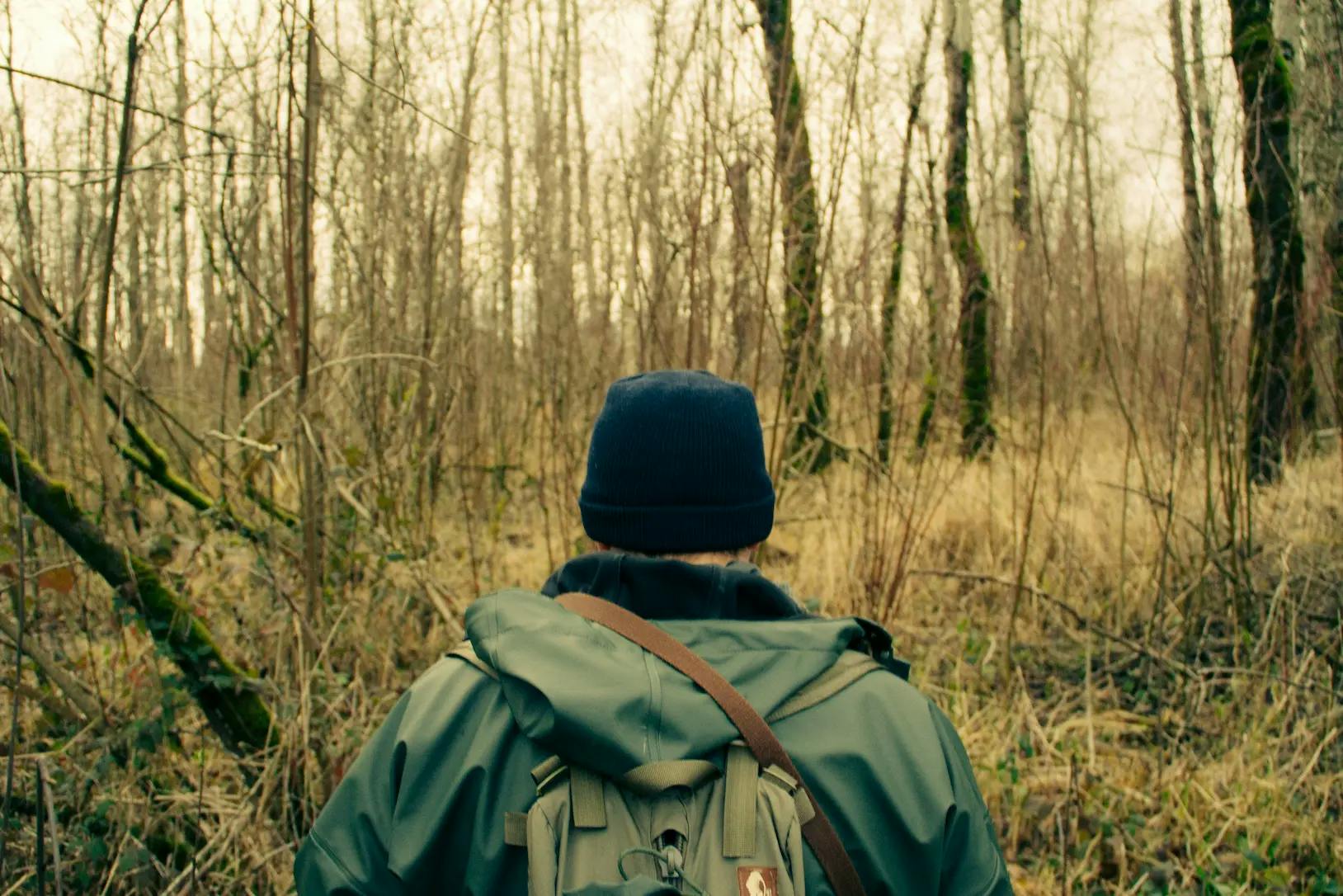Survival Coding: Prevent Crashes in Your Outdoor App!
- Published on
Survival Coding: Prevent Crashes in Your Outdoor App!
In today's digital age, where we rely heavily on technology even in the great outdoors, creating robust applications that can withstand the elements is a necessity for every camper, hiker, or prepper. When you’re on a survival mission or camping trip, the last thing you want is a buggy application that crashes or malfunctions. Let’s explore best practices in coding to ensure that your outdoor app is as sturdy as your gear.
Understanding the Need for Stability
Imagine you’re deep in the wilderness, miles away from civilization, and your app freezes while you’re trying to navigate or check your survival supplies. Not ideal, right? A crash in a critical moment can turn a simple camping trip into a survival scenario. That’s why implementing a crash-proof design should be a priority.
Moreover, in the world of coding, site reliability is paramount. Similar to how preppers stock up on essentials, developers must ensure their applications have proper error handling and fail-safes.
Key Practices for Preventing Crashes
1. Robust Error Handling
Just as preppers ensure they can address emergencies, programmers must prepare for unexpected issues in their code. This is where error handling comes into play. The use of the try-catch block allows you to anticipate unforeseen errors:
try {
// Code that may fail
} catch (Exception $e) {
// Handle error
loggingError($e);
}
This basic framework helps catch potential errors before they escalate, improving the application’s reliability.
2. Optimal Placement of Functions
Just as in survival, strategy matters. For example, implementing critical functions, such as the die() function in PHP, in the right spot is essential to controlling the flow of your application. The article titled Optimal Placement of die() Function in PHP provides a detailed guide on how to effectively position this function to prevent unnecessary crashes and maintain application stability.
3. Resource Management
When camping, balancing resources is key. The same principle applies to coding. Allocate memory wisely to prevent slowdowns or crashes. Use tools like profiling to monitor your app's resource usage. Implement garbage collection if your programming language supports it to free up unused memory.
4. User Interface Considerations
A clean, intuitive UI reduces the chances of user-induced crashes. Ensure buttons, menus, and feedback mechanisms (like notifications) are straightforward and responsive. Would you trust an outdated compass in the wild? Similarly, an engaging and functional UI strengthens the user’s trust in your app.
Testing: Your Best Friend in Survival Coding
Testing isn’t just for final stages of development; it’s your safety net. Just as you’d test your gear before hitting the trails, employ various testing methods—including unit testing, integration testing, and user acceptance testing—to uncover bugs before deployment.
Interactive Testing
Think of interactive testing as practicing survival skills. By putting your app through real-world usage scenarios, you get a feel for its performance in diverse conditions. Make sure to incorporate feedback from actual users to fine-tune your coding strategies.
5. Continuous Monitoring
Even in nature, risks are lurking around every corner. Maintain vigilance in coding through continuous monitoring. This means checking error logs regularly, analyzing performance metrics, and ensuring that your app runs smoothly. Services like New Relic and Sentry can help track performance and catch errors before they affect users.
Embrace the Wilderness of Innovation
One shouldn't shy away from new technologies out there. Adopting frameworks and libraries designed for stability can enhance your development process. Libraries that help in managing states or data flow can mitigate crashes on user interactions, much like how electronic survival gear makes outdoor life more manageable.
The Bottom Line: Gear Up for Success!
Creating a crash-proof outdoor app isn't just about writing effective lines of code; it's a commitment to ensuring the safety and satisfaction of users during their adventures. Through robust error handling, strategic function placement, diligent testing, and continuous performance monitoring, your app can remain dependable—like your favorite camping gear.
Incorporating these strategies not only prevents crashes but also promotes a smoother overall experience for users. So whether you're hiking a mountain trail or navigating the complexities of coding, remember: preparation is key. Your app can be as reliable as the best outdoor gear when you approach coding with the same mindset as a survivalist.
Stay prepared, stay safe, and happy coding!
For further reading on error handling in PHP, feel free to check out Optimal Placement of die() Function in PHP. With that knowledge, you can gain a better understanding of how to lock down your app’s performance and prevent crashes in myriad scenarios.



